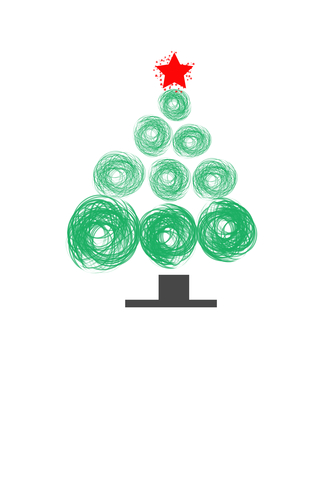 The calendar may say that spring officially begins on March 21. But for millions of golfers across the country, the season didn't really start until this weekend — specifically, when Bubba Watson outplayed 20-year-old phenom Jordan Spieth to claim his second green jacket at the 2014 Masters.
The calendar may say that spring officially begins on March 21. But for millions of golfers across the country, the season didn't really start until this weekend — specifically, when Bubba Watson outplayed 20-year-old phenom Jordan Spieth to claim his second green jacket at the 2014 Masters.
Augusta National Country Club, home of the Masters, is America's temple of golf. Augusta's "perennial ryegrass" fairways are manicured to a smoother finish than your living room carpet, and its greens are so hard and fast you could play billiards on them. So, with all that lush green stretching as far as the eye can see, would it surprise you to learn that the residents of Augusta have "mastered" a lucrative tax break? It's become so identified with the legendary golf tournament that it's known as "the Augusta rule." But if you own your own business, you may be able to take advantage of it yourself.





